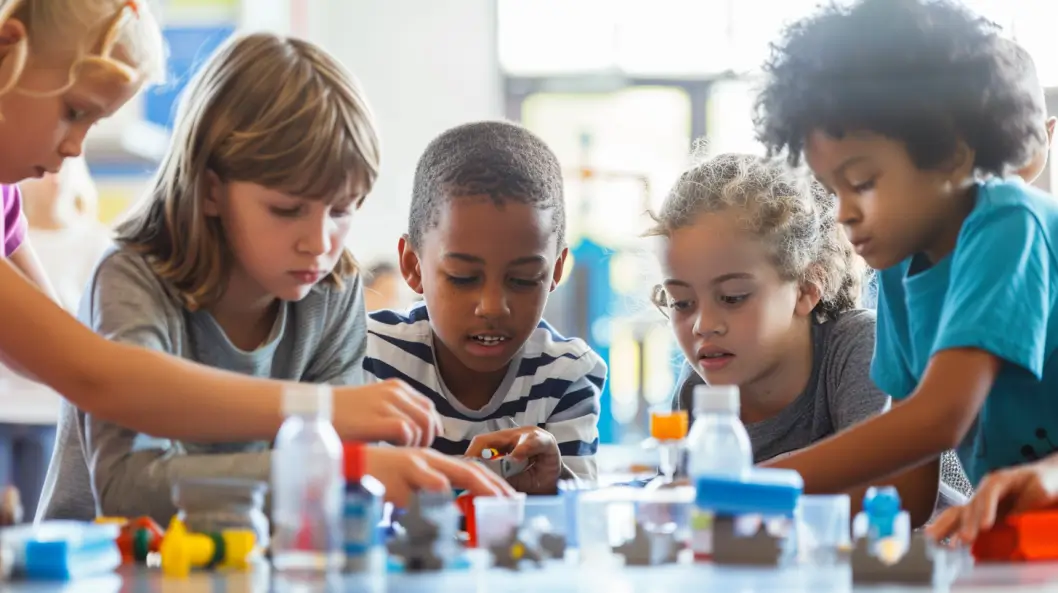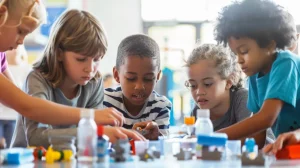In an age dominated by technology, the timeless value of traditional, hands-on learning remains one of the most effective ways to develop deep cognitive thinking. Recent advancements in pedagogy—such as project-based learning (PBL), Socratic seminars, and experiential education—are proving that structured, teacher-guided instruction fosters critical reasoning, creativity, and problem-solving skills in ways that passive learning cannot. Schools worldwide are rediscovering the power of discussion-based classrooms, tactile learning, and collaborative problem-solving, setting the foundation for a future where students don’t just consume information but truly understand it.
Cognitive thinking—the ability to analyze, synthesize, and apply knowledge—is best nurtured through active engagement. Traditional methods like debate teams, science labs, and hands-on workshops force students to think on their feet, defend their reasoning, and adapt to new information. Organizations like The Center for Transformative Teaching & Learning emphasize how teacher-student dialogue and scaffolded learning build stronger neural connections than digital shortcuts. When students grapple with real-world problems—whether in a history seminar or a woodworking class—they develop resilience, logic, and innovation, skills no AI can replicate.
One of the most promising developments in traditional education is the resurgence of classical education models, which prioritize logic, rhetoric, and deep textual analysis. Schools following the Great Books Program or the Harkness Method cultivate students who can dissect complex ideas, articulate arguments, and think independently. Similarly, Montessori and Waldorf schools continue to thrive by emphasizing experiential, student-led exploration over standardized testing. These approaches don’t just teach facts—they teach how to think, preparing students for leadership in an ever-changing world.
The societal impact of this return to traditional, cognition-focused learning is profound. Studies show that students who engage in discussion-heavy, low-tech classrooms outperform their peers in critical thinking assessments. When young minds are trained to question, debate, and experiment, they become better problem-solvers in fields like medicine, engineering, and public policy. Initiatives like The Socratic Society and Philosophy for Children (P4C) are bringing structured reasoning back into schools, ensuring that future generations can navigate misinformation and ethical dilemmas with clarity.
The future of education doesn’t have to be all screens and algorithms—sometimes, the best way to sharpen the mind is through pen, paper, and conversation. By reinvesting in teacher-led, interactive learning, we’re not just preserving tradition; we’re empowering a generation of analytical, articulate, and adaptable thinkers. Follow organizations like @ClassicalEd and @GreatBooksFound to stay updated on this movement. The classroom of tomorrow may look a lot like the best classrooms of the past—and that’s something to celebrate. 📚✨




